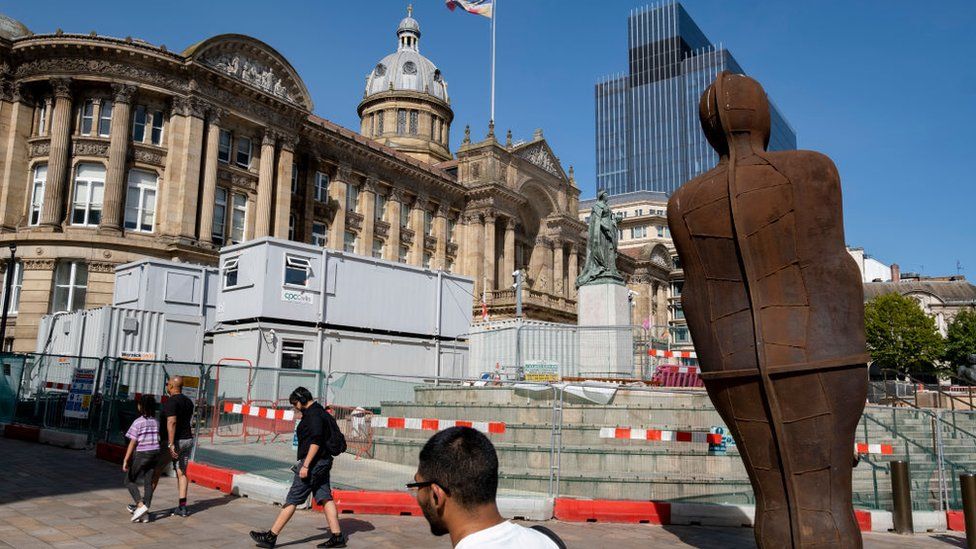
When the second-largest city in the United Kingdom, Birmingham, declares bankruptcy, it sends a strong message to the world. This situation raises questions about the state of financial flexibility, not just for major corporations but also for local governments. Ensuring that the final balance sheet remains in the black is a desirable goal, but it’s not always the case. Budget allocation and capital balancing in the broader picture are essential considerations.
This extends to the concept of “municipal governance” at the regional level. Yearly budgets from central authorities must be allocated appropriately, keeping pace with recurring expenses and incorporating changes and new initiatives to enhance the quality of life for the local population. This decentralized approach to global governance, with a “City Council” acting as a mediator between local needs and central authorities, is crucial.
However, what happens when the annual budget remains in the red, persistently and for an extended period, eventually leading a city to declare bankruptcy? This is precisely the situation unfolding in Birmingham, the UK’s second-largest city, and it may serve as an ominous sign for many other cities in the future.
On September 5th, Birmingham City Council announced its intention to utilize “Section 114” under the Local Government Finance Act of 1988, which means the local authority cannot produce a balanced budget within the year 2023. Exceptions are made for essential spending, such as caring for vulnerable populations, basic public services, and outstanding financial commitments.
The reason behind this declaration is the inability of the city council to generate sufficient resources to produce a balanced budget, coupled with a prolonged streak of budget deficits and high compensation payments, particularly concerning pay disparities between genders.
Notwithstanding the economic challenges and inflation plaguing the European region, causing fiscal stress for local governments due to ailing central support, what if this trend of “in-the-red” budgets continues to persist year after year, causing a city to declare bankruptcy?
This is the predicament that Birmingham, the second-largest city in the UK, finds itself in, and it could potentially unfold in many other cities in the near future. The key factor is that there’s no legal framework for local authorities to declare bankruptcy in the UK, or to put it simply, cities don’t go “bankrupt” as a matter of historical tradition.
This situation could be an eye-opener for both regional and local authorities. While dealing with financial challenges within a city is not uncommon, the pressure exerted by central bodies is something local leaders must navigate carefully, including budget cuts, funding allocation, and addressing economic inflation issues.
It’s important to note that this trend is not exclusive to the UK. Even in Japan, the city of Kyoto, a significant cultural and tourist hub, is also at risk of facing financial troubles if the central government doesn’t take timely action to support the city, primarily due to the decline in tourism amid the COVID-19 pandemic.
What does all of this tell the world on a larger scale? Each city may have its internal issues, which is typical. However, the systemic pressures from central authorities that local leaders must grapple with, including budget reductions, fund procurement, and economic inflation, need to be carefully managed. This includes rethinking budgetary priorities, adopting new approaches, and maintaining fiscal responsibility. Disruption at a systemic level may be necessary when the need arises.
Ultimately, it’s better to explore new avenues for development and cooperation rather than witnessing cities fall into a state of financial distress where there’s no happiness in staying, yet no way to leave, and everything seems to be at a standstill.